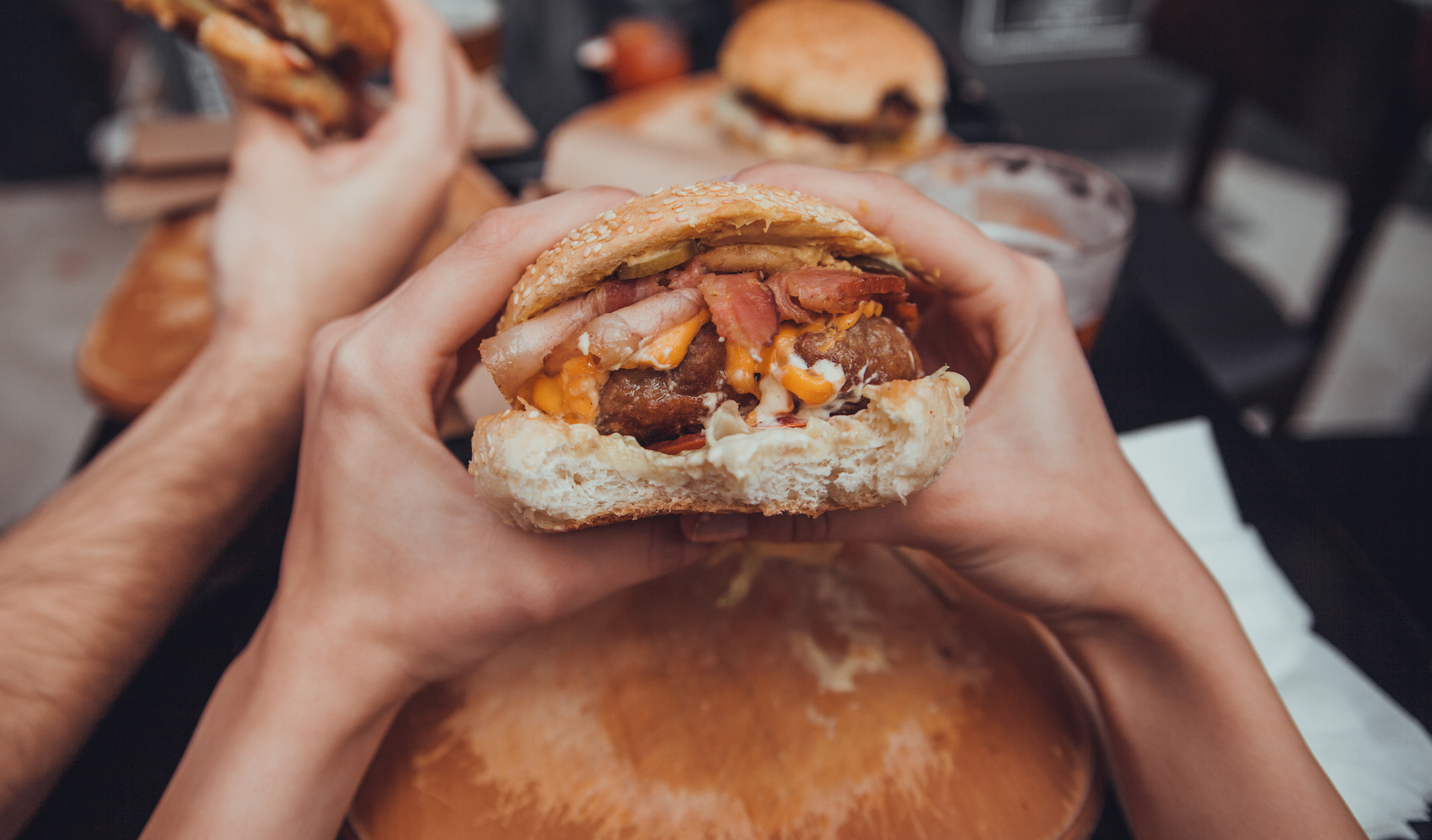mood
Participants with high levels of narcissism showed high levels of aggression, spreading gossip, bullying others, and more.
Participants were asked to complete a simple attention task as well as a more challenging “placekeeping” task.
Want to improve your mood? This study recommends you get walking, even for a short time, and even if your surroundings aren’t picturesque.
Bad days, break-ups, or stress-filled meetings may have you craving some comfort food to ease your anxiety. But don’t reach for that chocolate bar just yet.



